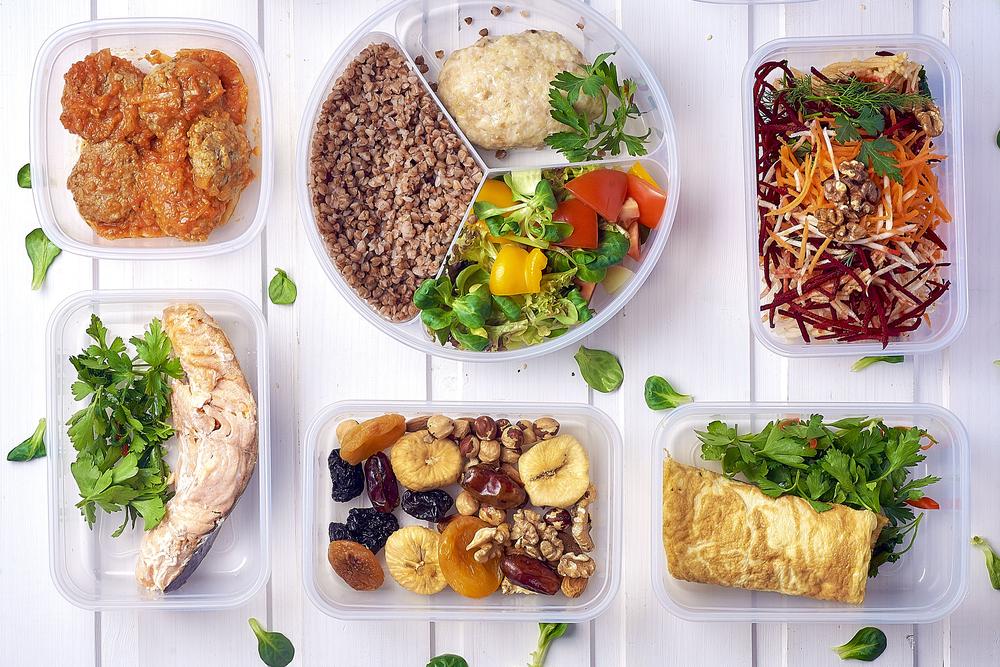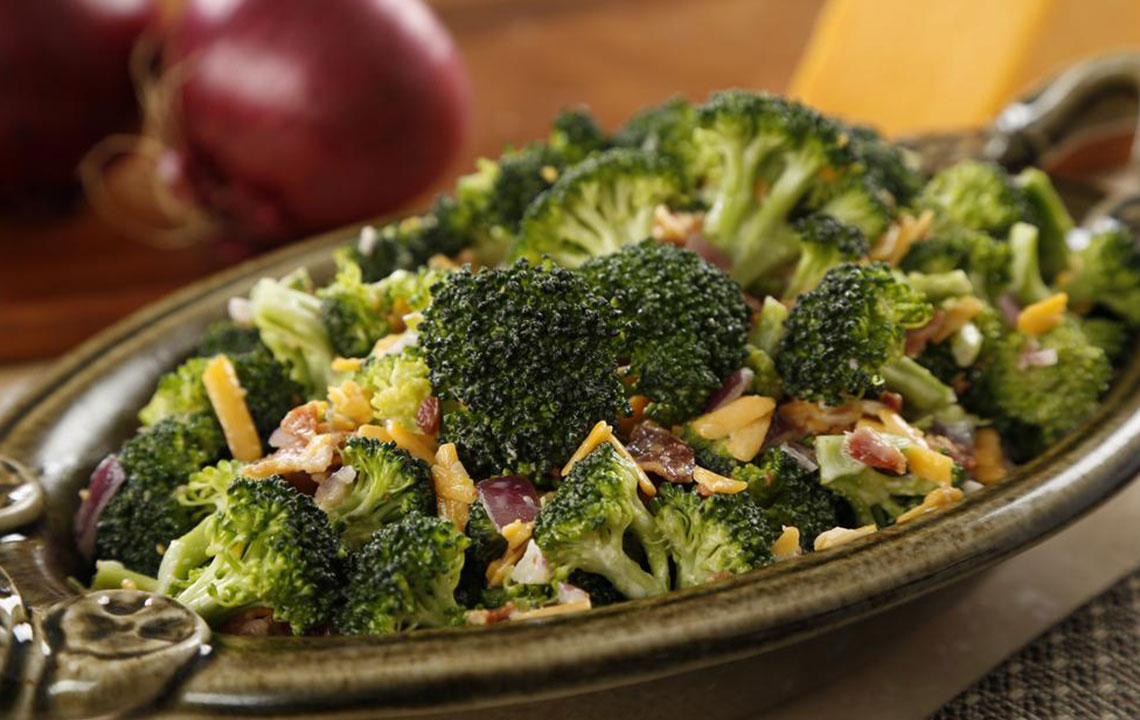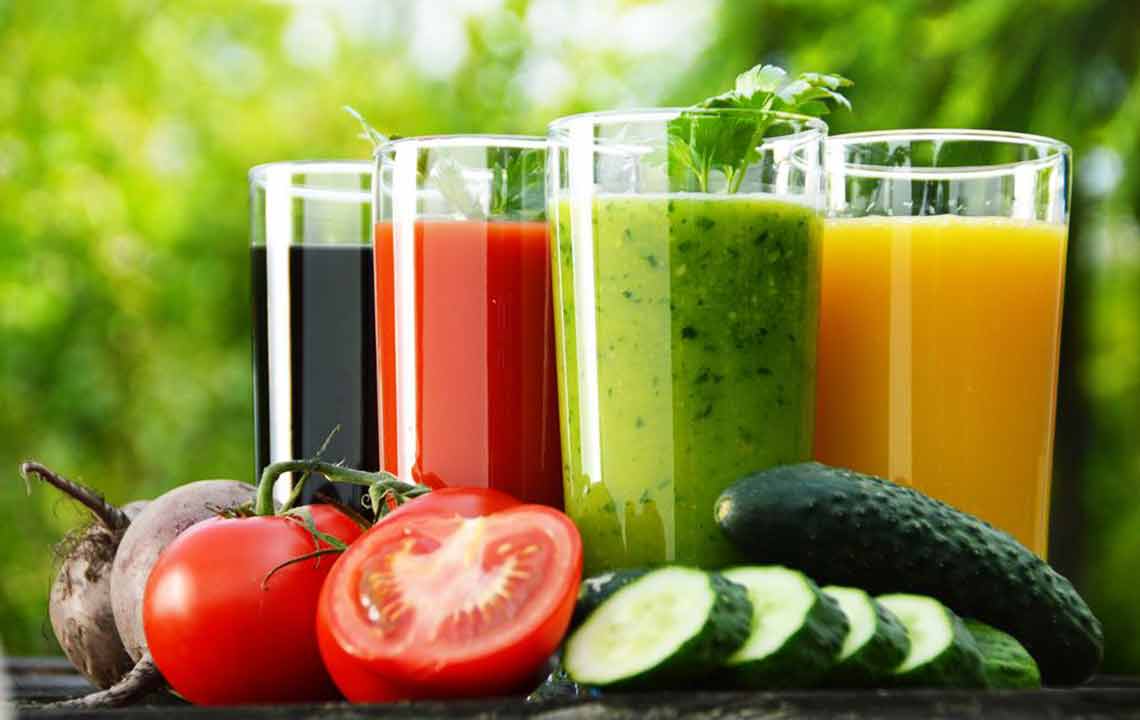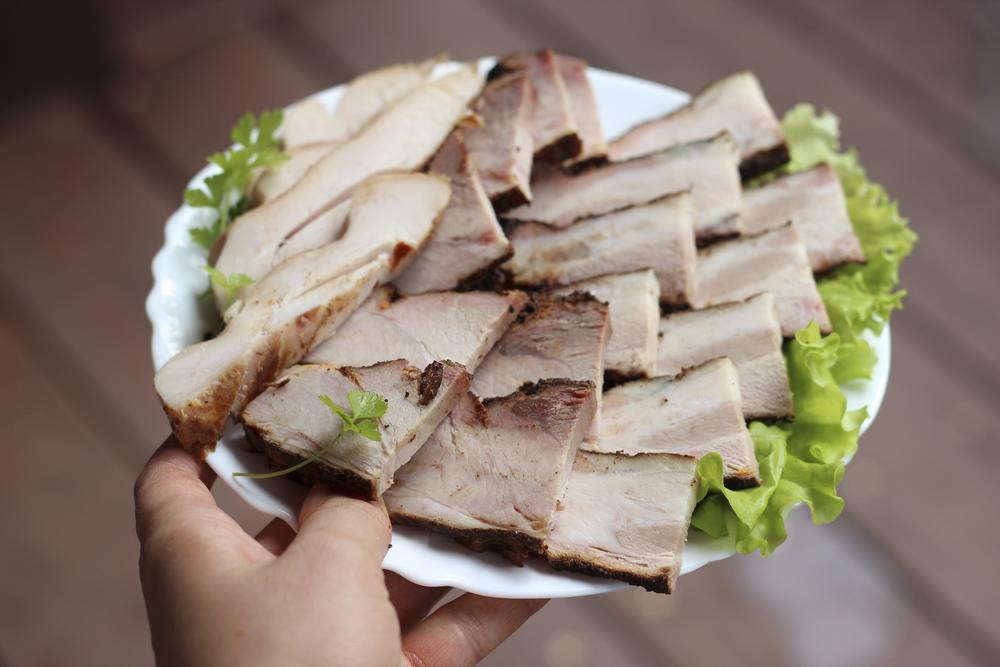Comprehensive Guide to the Top 4 Dietary Strategies for Managing IBS Symptoms Effectively
This comprehensive article explores the top four dietary strategies for managing IBS symptoms, including high-fiber, gluten-free, low FODMAP, and low-fat diets. It provides detailed insights into each approach, emphasizing personalized plans and professional guidance to optimize digestive health and reduce discomfort for IBS sufferers.

Comprehensive Guide to the Top 4 Dietary Strategies for Managing IBS Symptoms Effectively
Living with irritable bowel syndrome (IBS) can be a daily challenge due to its unpredictable symptoms, which can include stomach pain, bloating, diarrhea, constipation, or alternating bowel patterns. Managing IBS requires a multifaceted approach, with diet playing a crucial role. The complexity of symptoms varies widely among sufferers, making personalized dietary adjustments essential. Many individuals experience triggers such as stress, hormonal shifts, certain medications, inactivity, and especially certain foods that exacerbate their condition. Understanding and implementing specific dietary strategies can significantly improve quality of life. This detailed guide explores the top four dietary approaches proven to help manage IBS symptoms, providing practical insights into each method and offering guidance on tailoring diets to individual needs.
High-Fiber Diet
For many IBS sufferers, particularly those dealing with constipation, increasing dietary fiber intake proves beneficial. Fiber helps to soften stool and increase bulk, facilitating easier passage through the digestive tract. However, the type of fiber consumed matters significantly. Soluble fiber dissolves in water, forming a gel-like substance that can soothe the gastrointestinal lining and regulate bowel movements. Incorporating foods rich in soluble fiber such as oats, barley, beans, lentils, sweet potatoes, Brussels sprouts, carrots, sunflower seeds, and hazelnuts can promote regularity without causing additional bloating or gas—common concerns among IBS patients. It's important to gradually increase fiber intake to allow the gut to adjust and prevent potential discomfort from sudden fiber surges.
Gluten-Free Regimen
Many individuals with IBS find relief by adopting a gluten-free diet, especially if they have gluten sensitivity or intolerance. Gluten, a protein present in wheat, barley, and rye, can trigger symptoms like bloating, abdominal pain, and gas in sensitive individuals. Observing reactions after consuming gluten-containing foods can help determine its role in one's symptoms. Eliminating gluten from the diet often reduces discomfort and enhances gut health. Fortunately, numerous gluten-free grains are available as substitutes, including quinoa, buckwheat, rice, polenta, and millet. Transitioning to a gluten-free diet should be done carefully, ideally under medical supervision or with a dietitian to ensure nutritional balance while avoiding gluten.
Low FODMAP Diet
One of the most scientifically supported approaches for IBS management is the Low FODMAP diet. FODMAPs (Fermentable Oligosaccharides, Disaccharides, Monosaccharides, And Polyols) are specific types of fermentable carbohydrates found in many common foods that can cause significant gastrointestinal distress in sensitive individuals. Foods high in FODMAPs include certain vegetables such as asparagus, beans, broccoli, garlic, onions, mushrooms, cauliflower, and cabbage; cereals like wheat and rye; nuts like cashews and pistachios; fruits including apples, cherries, mangoes, and watermelons; dairy products with high lactose content; processed foods containing high fructose corn syrup; and artificial sweeteners such as mannitol and sorbitol. Adhering to a low FODMAP diet often involves an initial elimination phase followed by gradual reintroduction to identify personal triggers. This diet should be undertaken with professional guidance to ensure nutritional adequacy and effectiveness.
Low-Fat Diet
High-fat foods are known to provoke symptoms like diarrhea, cramping, and bloating in many IBS patients. Fats slow stomach emptying and can stimulate irregular bowel movements. Therefore, reducing the intake of fatty foods such as full-fat dairy products, deep-fried items, greasy meats, and processed snacks is highly recommended. Instead, patients should focus on consuming vegetables, fruits, grains, and lean protein sources that are low in fat. Incorporating foods that are gentle on the digestive system can help alleviate symptoms and improve overall gut health. Careful dietary planning can assist IBS sufferers in finding a balance that minimizes discomfort while maintaining nutritional needs.
It's essential to recognize that each individual’s response to these dietary approaches varies. Some may find significant relief with one method, while others might benefit from combining strategies or adjusting portions. Therefore, a personalized plan developed in consultation with healthcare professionals—such as gastroenterologists and dietitians—is crucial. Regular monitoring and adjustments ensure the diet remains effective and sustainable over the long term. With patience and professional guidance, managing IBS symptoms through diet can lead to substantial improvements in daily comfort and overall quality of life.





